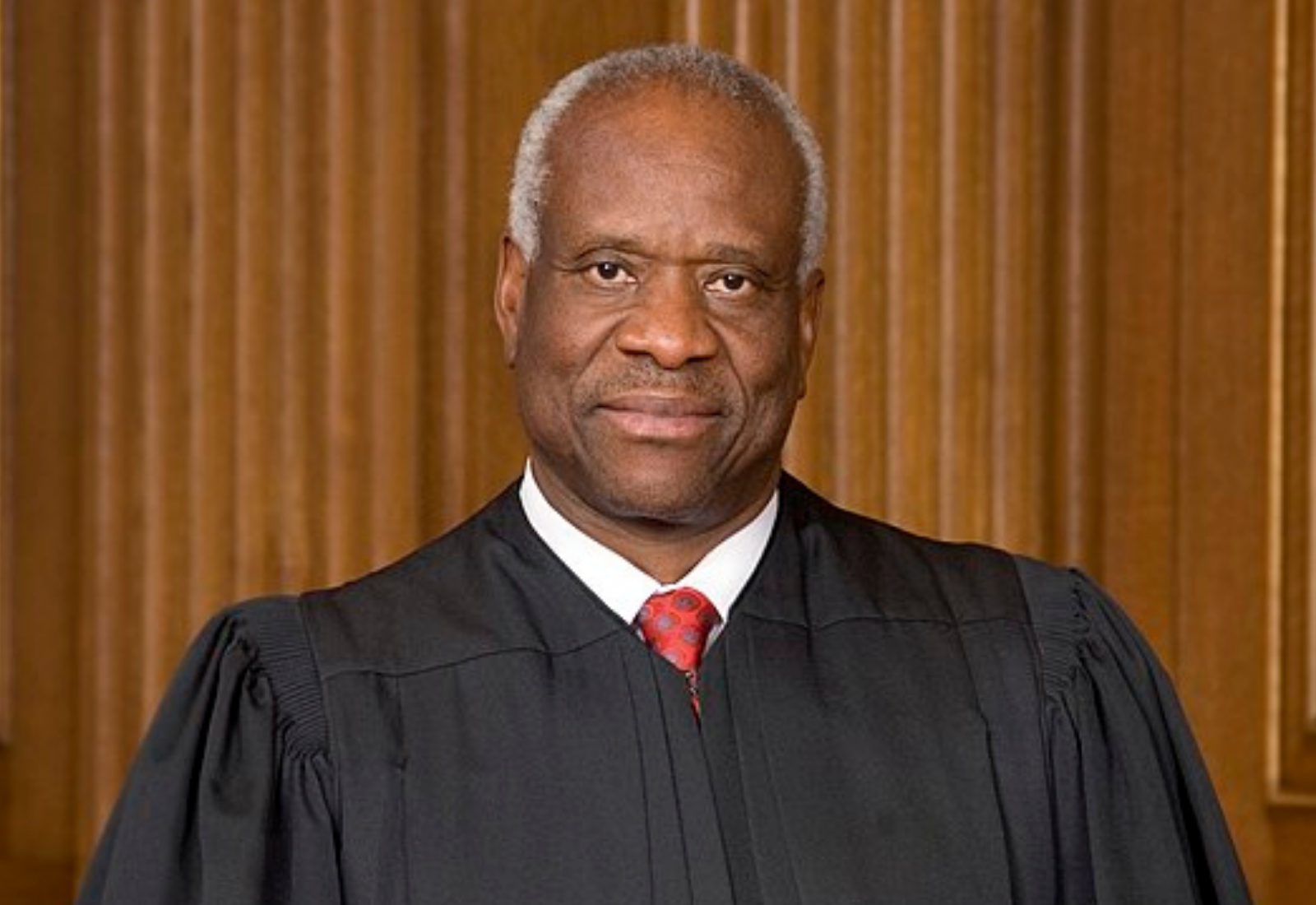
03 Jul Federal Prohibition: Pressing Constitutional Conflicts

Justice Clarence Thomas is one of the most conservative Justices on the Supreme Court. One of the core tenants of his conservatism is a firm belief in federalism—a political principle that prioritizes the sovereignty of the states over that of the federal government. The strength of his conviction has led to some fascinating deviations from the country’s and the court’s conservative majority.
Like calling for federal cannabis policy reform.
SCOTUS recently declined to hear a case out of the Tenth Circuit challenging the constitutionality of denying federal tax benefits to cannabis businesses. Thomas used the denial of certiorari as an opportunity to call for the Court to reconsider its previous stance on federal cannabis prohibition.
Thomas’s argument questions the precedent established by the Supreme Court’s ruling in Gonzales v. Raich. 545 U.S. 1 (2005). The plaintiff in Gonzalez was a California citizen growing cannabis plants on private property, in compliance with state law. The federal government seized those plants to enforce federal prohibition.
The issue was whether the plaintiff’s activity counted as a form of “interstate commerce” subject to federal enforcement. The Commerce Clause confers powers onto Congress to regulate only interstate commerce, the flow of economic activity between States, not the activity that occurs within the state (intrastate commerce).
The Gonzalez court argued that federal cannabis prohibition constituted a “comprehensive” regulatory regime. To adequately implement that regime, regulating both inter- and intra- state activity was both “necessary and proper.” Id at 13. This is a reference to the Necessary and Proper Clause which authorizes Congress to act in any way it deems necessary and proper to carry out its conferred powers and duties. Therefore, the government had the power under both the Commerce Clause and the Necessary and Proper Clause to “prohibit the local cultivation and use of marijuana.” Id at 5.
Federal prohibition policy, Thomas argues, no longer constitutes a comprehensive regulatory regime. Rather, due to an increasing number of states decriminalizing and legalizing cannabis, the current approach to prohibition is more of a “half-in, half-out” regime. Thomas goes on to highlight the dangers of the federal government’s hodge-podge policies and inconsistent enforcement efforts. While the Tenth Circuit case raised an important question for cannabis businesses, a lack of federal tax benefits is the least of those dangers. Thomas is particularly concerned with the unforeseeable legal pitfalls that plague the grey area between federal and state law, like the fact that using cannabis and owning a firearm could make you a federal felon. This blog previously addressed some of those legal pitfalls here, here, and here.
The timing of Thomas’s opinion could not be more opportune. As I previously wrote, the MORE Act is unlikely to obtain the 60 Senate votes needed to pass. But Thomas’s opinion highlights an important contradiction between conservatism and federal prohibition, which could sway some in the Senate.
However, don’t mistake Thomas’s opinion for an endorsement of legal cannabis or an indictment of the Drug War. Thomas is only concerned with the integrity of an eroding Commerce Clause, once a restriction on federal power that has since become Congress’s most powerful constitutional tool. But to focus only on resolving conflicts between local and federal law omits considerations of the harmful impact of prohibition on communities of color and communities in poverty.
Many major constitutional conflicts existed at the start of the Drug War. Cannabis prohibition has raised issues of equal protection and discrimination, as enforcement disproportionately targets communities of color. The impact of the War on Drugs has been demonstrably discriminatory, and under some constitutional doctrines, this might be evidence of discriminatory intent on the part of the government. Prohibition has also raised privacy and personal autonomy issues, particularly in the decisions we make about our bodies and medical care. Roe v. Wade and Planned Parenthood v. Casey established a right to privacy and personal autonomy in the medical decisions we make. Lawrence v. Texas established a right to privacy in the activities we conduct in the privacy of our homes. This blog previously addressed the ways cannabis prohibition could run afoul of anti-commandeering doctrine. Most importantly, many deem it cruel and unusual punishment to sentence a person to decades in prison for possession of a common plant.
Thomas’s opinion is almost sure to have an impact on the progress of federal decriminalization, but it remains necessary to ask these bigger and more complex constitutional questions if we aim to finally and fully end the War on Drugs.


Sorry, the comment form is closed at this time.